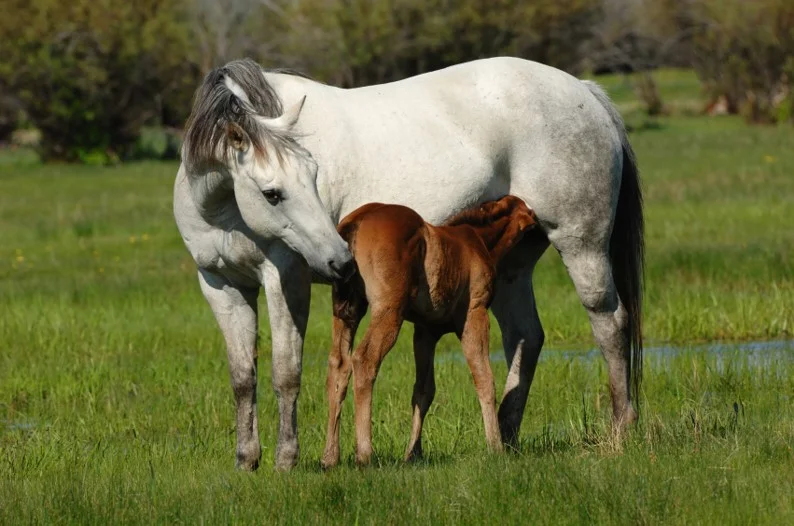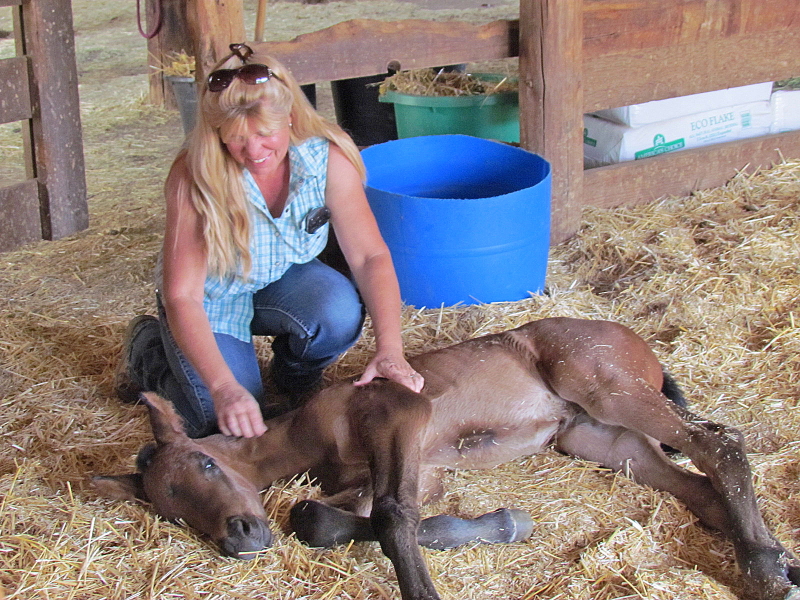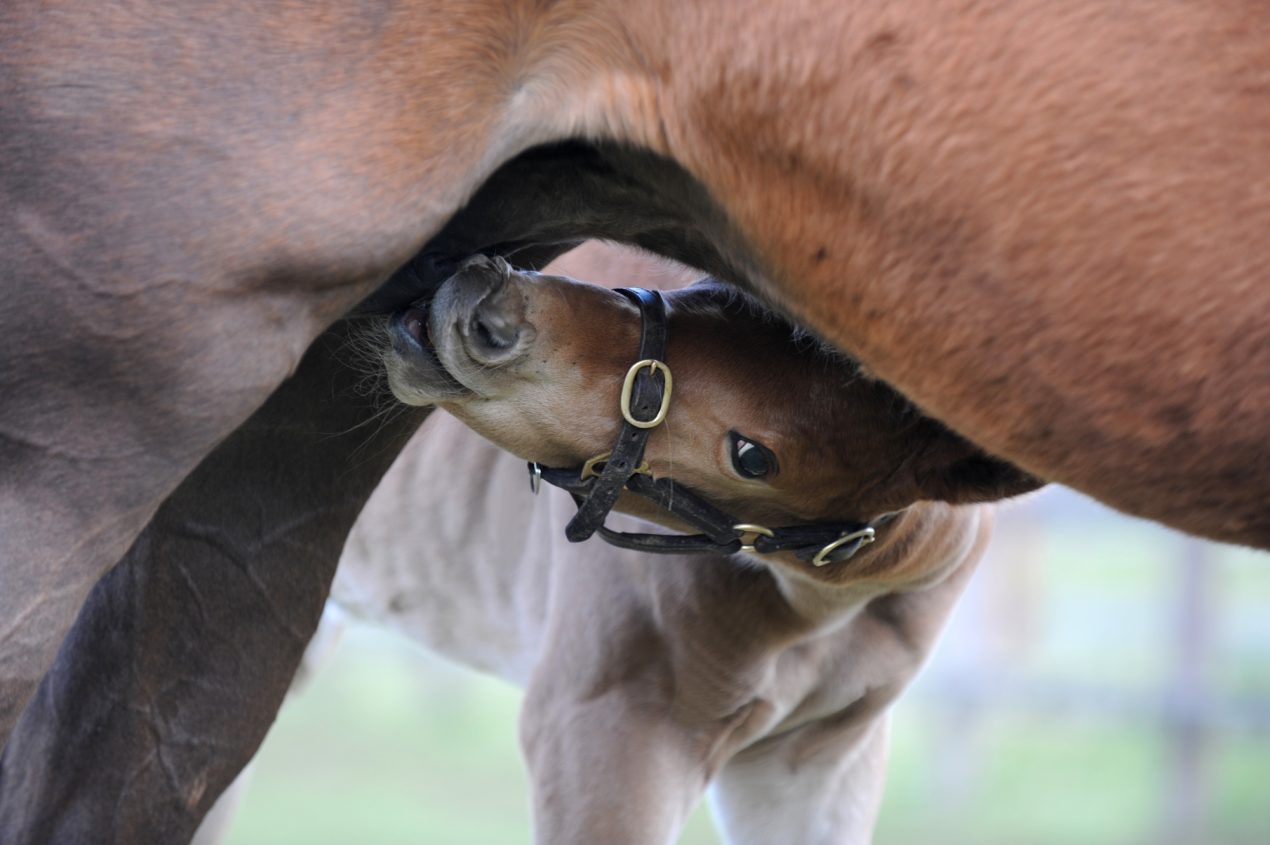Feeding Horses with Fertility Issues: A Comprehensive Guide

Feeding horses with fertility challenges requires a thoughtful approach that supports reproductive health through nutrition. This article explores key dietary considerations, essential nutrients, and practical feeding strategies to help improve fertility outcomes in horses.
Understanding Fertility Issues in Horses

Fertility problems in horses can stem from various causes including hormonal imbalances, poor body condition, stress, and underlying health conditions. Nutrition plays a pivotal role in managing these issues by ensuring the horse receives the right balance of vitamins, minerals, and energy.
Essential Nutrients for Fertility
| Nutrient | Role in Fertility | Sources |
|---|---|---|
| Protein | Supports hormone production and tissue repair | Alfalfa, soybean meal, oats |
| Vitamin E | Acts as an antioxidant, protects reproductive cells | Green leafy forages, wheat germ |
| Selenium | Works with Vitamin E to prevent oxidative damage | Supplemented feeds, mineral blocks |
| Zinc | Important for hormone metabolism and immune function | Grains, legumes, mineral supplements |
| Omega-3 Fatty Acids | Improve blood flow and reduce inflammation | Flaxseed, fish oil, chia seeds |
Feeding Strategies
- Balanced Diet: Ensure the horse’s diet is balanced with adequate energy, protein, and micronutrients.
- Body Condition Monitoring: Maintain an optimal body condition score (BCS) between 5 and 6 to support reproductive health.
- Avoid Overfeeding: Excessive weight can negatively impact fertility.
- Consistent Feeding Schedule: Helps reduce stress and supports metabolic stability.
Practical Tips
- Provide high-quality forage as the diet’s foundation.
- Use supplements judiciously, based on veterinary advice.
- Monitor water intake to ensure hydration.
- Regularly assess the horse’s health and reproductive status.
Frequently Asked Questions (FAQ)
Q1: Can diet alone improve fertility in horses?
A1: While diet is crucial, fertility is influenced by multiple factors including genetics, health, and environment. Nutrition supports but does not guarantee improved fertility.
Q2: What are signs of nutritional deficiencies affecting fertility?
A2: Signs include poor coat condition, irregular estrous cycles, low body condition, and decreased libido.
Q3: Should I use commercial fertility supplements?
A3: Some supplements may help, but always consult a veterinarian before starting any new supplement regimen.
By focusing on a nutrient-rich, balanced diet and attentive management, horse owners can support their animals’ reproductive health effectively. This guide serves as a foundation for understanding how feeding impacts fertility and what steps can be taken to optimize it.
